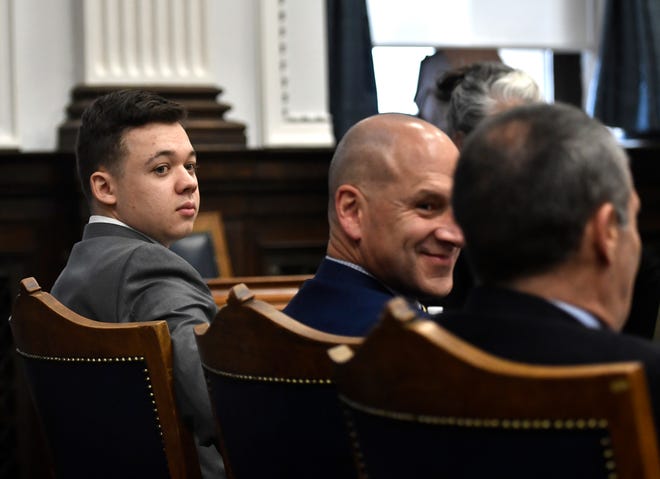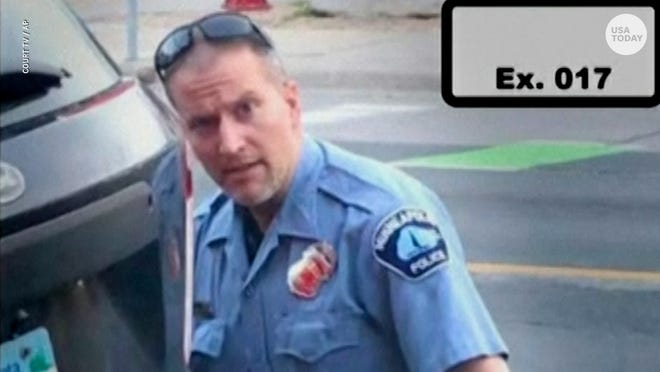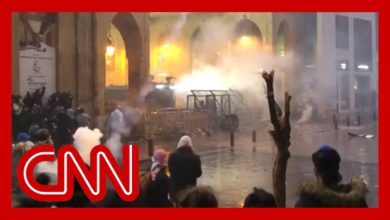
- Judge Bruce Schroeder said he would not include a lesser charge in the shooting of Joseph Rosenbaum but would include two lesser charges in the shooting of Anthony Huber.
- Closing arguments are expected Monday in the trial of Kyle Rittenhouse, who faces intentional, reckless and attempted homicide charges and reckless endangerment charges.
- The addition of some lesser charges is a win for the prosecution: "Throw more against the wall to see if it sticks," a legal expert told USA TODAY.
The judge in the Kyle Rittenhouse murder trial said Friday he would allow jurors to consider some lesser charges against the Illinois teen charged with shooting three men, two fatally, last summer in Wisconsin.
With jurors dismissed until Monday, attorneys for both sides returned to the Wisconsin courtroom to work through the technical legal arguments surrounding what instructions the jury should receive and whether to add lesser included charges.
Closing arguments are also expected Monday, and Gov. Tony Evers on Friday ordered 500 Wisconsin National Guard troops to the Kenosha area to assist "hundreds of officers from volunteering law enforcement agencies" in case of unrest following a verdict.
Judge Bruce Schroeder said he would not include a lesser charge in the shooting of Joseph Rosenbaum but would include two lesser charges in the shooting of Anthony Huber.
Lesser included charges are a way for the prosecution to give a jury more to consider and, possibly, find a defendant guilty, according to Milwaukee criminal defense attorney Craig Mastantuono, who is also an adjunct professor at Marquette University Law School. Lesser charges are included in the instructions given to the jury before the beginning of deliberations.
"Could the prosecution be asking for lesser included charges because they’re not as confident that an all-or-nothing gambit on the originally filed – particularly homicide-related charges – is a good, safe bet for them? Yeah, that's why they're asking for lesser included," Mastantuono told USA TODAY.
"Throw more against the wall to see if it sticks," he added.
'How not to be a good judge':Kyle Rittenhouse judge draws new backlash with 'Asian food' joke
Rittenhouse's defense did not object to two of the lesser counts in the Huber charge but did object to a lesser count in the Rosenbaum charge. Schroeder said the evidence did not support that the jury could acquit Rittenhouse on the more serious count but find him guilty on the lesser in the Rosenbaum charge.
In the case of Huber, a lesser included charge of second-degree intentional homicide instead of first-degree intentional homicide would mean the jury would still have to find that Rittenhouse intentionally took Huber's life, but that he did believe he was acting in self-defense.
For a second-degree charge to hold, the jury would need to find that Rittenhouse believed he was acting in self-defense, but that his belief was unreasonable, Mastantuono said.

The jury will have to consider the original charges, and only if they find he is not guilty beyond reasonable doubt would they move on to consider each lesser included charge, Mastantuono said.
Rittenhouse is accused of fatally shooting Rosenbaum, 36, and Huber, 26, and wounding Gaige Grosskreutz, 27, during a night of violent protests in Kenosha after a white police officer shot and seriously injured Jacob Blake, a Black man, two days earlier.
Rittenhouse, now 18, faces intentional, reckless and attempted homicide charges and reckless endangerment charges. He is also charged with possession of a dangerous weapon by a person under 18, a misdemeanor.
"By having a lesser included offense included, you're raising the risk of conviction, although you are avoiding the possibility that the jury will end up compromising on the more serious crime," Schroeder told Rittenhouse directly Friday.
"You're also decreasing the risk that you'll end up with a second trial because the jury was unable to agree," he added.
More on Rittenhouse trial:Defense rests in Kyle Rittenhouse murder trial; closing arguments set for Monday
On Wednesday, Rittenhouse testified he feared for his life and acted in self defense. "I didn't do anything wrong. I defended myself," Rittenhouse told the jury.
Prosecutors argued for the lesser charges to be included in case the jury would not convict Rittenhouse on more serious charges. Rittenhouse's attorneys argued against the lesser charges being included to keep the jury focused only on the existing charges.
"It's a strategic consideration for both sides, whether to ask for lesser included jury instructions," Mastantuono said.
Legal observers have noted the prosecution seemed to struggle to poke holes in Rittenhouse's self-defense claim. At some points, the prosecution's own witnesses even made claims that bolstered Rittenhouse's case. Witnesses said Rosenbaum threatened to kill Rittenhouse and that Grosskreutz pointed a gun at him before Rittenhouse fired.
Contributing: Bruce Vielmetti, Milwaukee Journal Sentinel; The Associated Press
Source link










